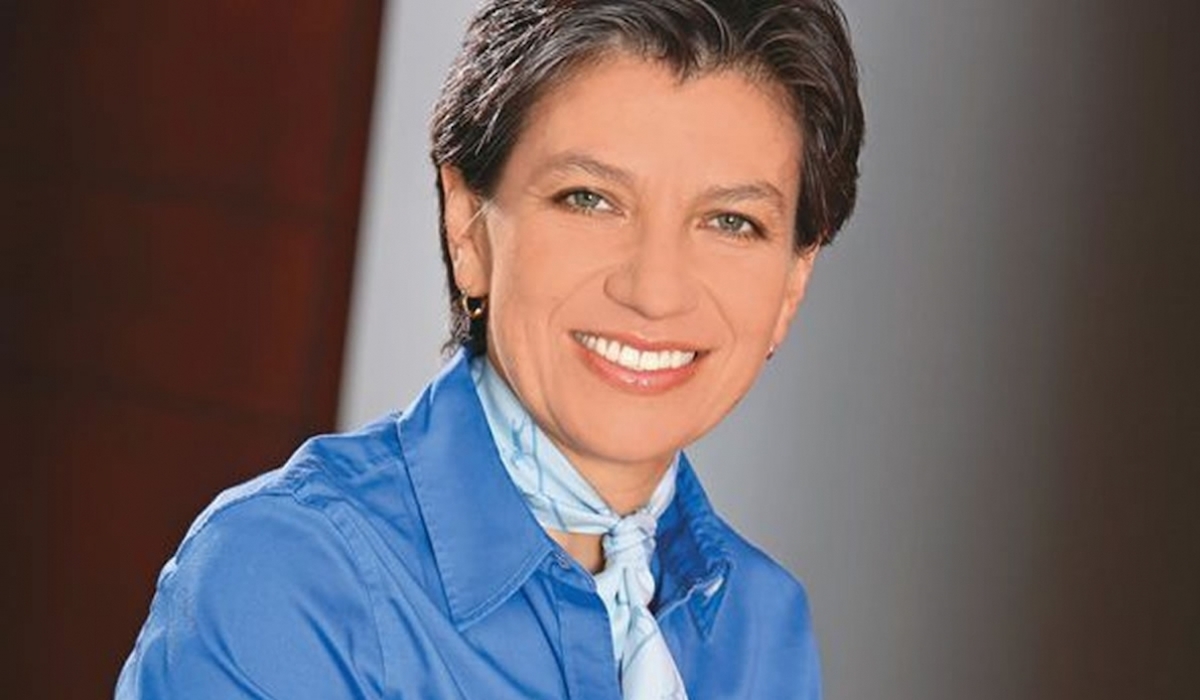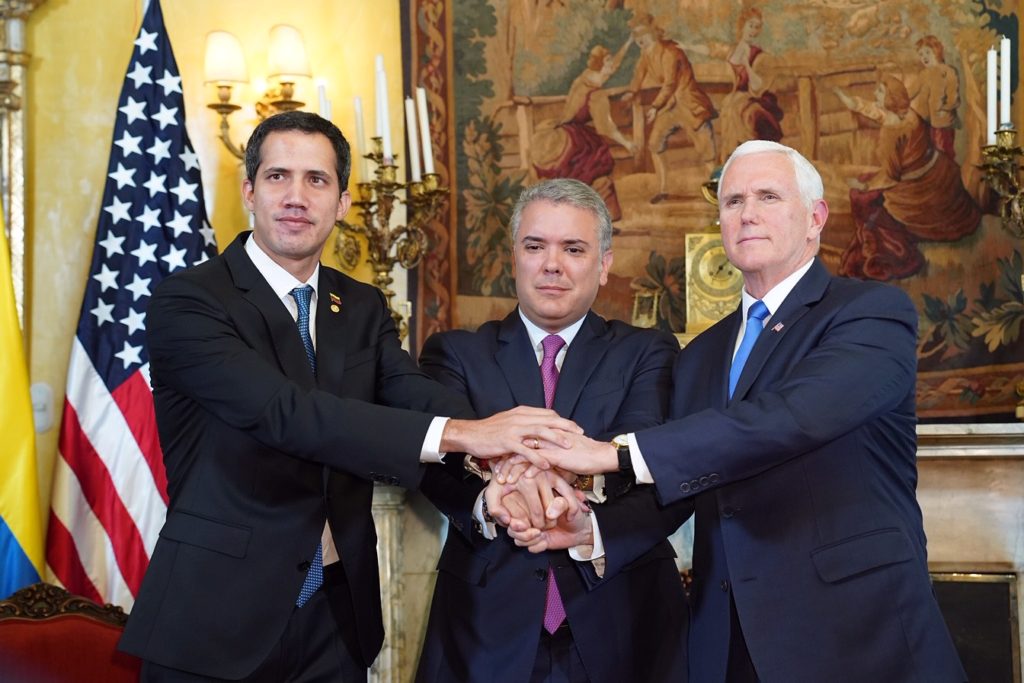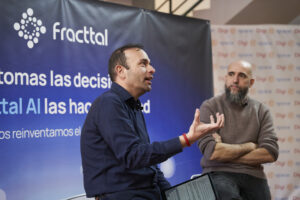Juan Carlos Pinzón, former ambassador to Colombia in the United States, ex-Minister of Defense, and now candidate for Colombia’s 2018 presidential elections, is traveling the country to promote his message. Pinzón has met with foundations, farmers, taxi drivers and others, traveling through the neighborhoods and municipalities of Colombia.
In a recent interview with El Universal, Pinzón discussed the proposals central to his campaign, called “Ante Todo Colombia” (Above all, Colombia).
“I believe in a firm hand when needed, but I also believe that one can discuss solutions and achieve efforts through leadership. I feel that I represent a generational change; that I can give the country the certainty that I know what needs to be done, with experience, because the country is very complex. I have traveled throughout the country. I will be a president without miraculous promises but with compromise, inclusive leadership, putting the country above everything”.
Pinzón was born in Bogotá and studied economy at the University of Javeriana, before obtaining his master’s degree in public policies from the Woodrow Wilson School of Public and International Affairs in Princeton, New Jersey. He has had held numerous offices in Colombian politics and was one of President Juan Manuel Santos’ most trusted men before the two had a falling out over the 2016 Havana Peace Accords.
Pinzón describes this experience as Secretary of Presidency, Minister of Defense and Ambassador to the United States as having allowed him to develop a broad vision of the state, courts, congress, and to build deep knowledge of various regions of the country, further complementing his understanding of the country. In the interview, he also discussed his experience fighting the FARC, ELN, and other criminal organizations, as his contribution to the peace process.
Pinzón, a centrist candidate, is fighting to distinguish himself from among more than 20 other candidates. His aim is to emphasize his experience with proposals that he hopes will bring together a divided country.
“Polarization makes it so that people do not recognize the work of their opponents, motivates them to want to destroy any opposing ideas”, he said. He said that Colombians must again trust the country’s institutions, a difficult task in a country where trust in government is at an all-time low.







